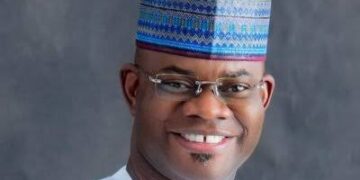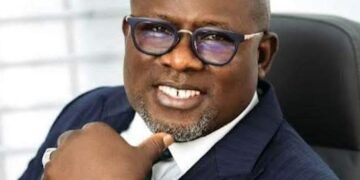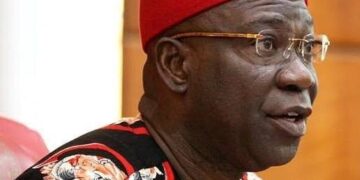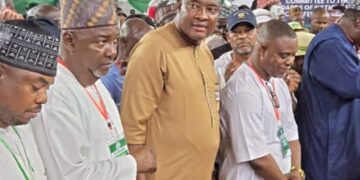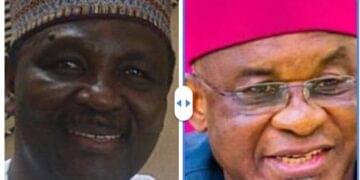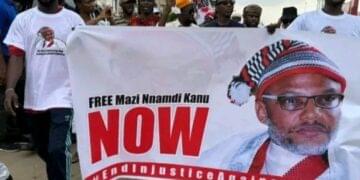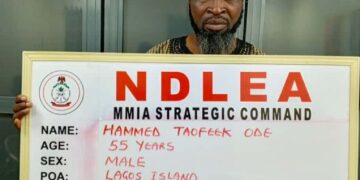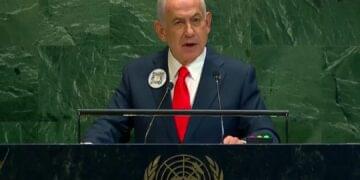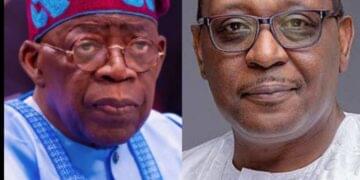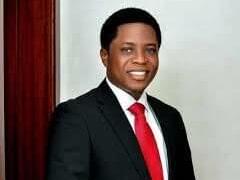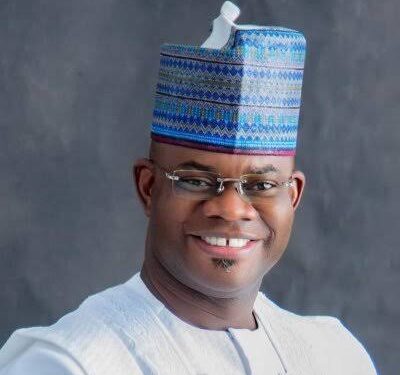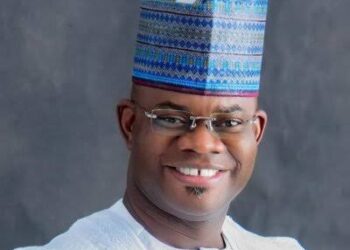The ongoing money laundering trial of former Kogi State Governor, Yahaya Bello, took a significant turn on Monday as the fourth prosecution witness reaffirmed that withdrawals made by the state government did not violate any banking regulations.
Testifying before Justice Emeka Nwite of the Federal High Court in Abuja, Mshelia Arhyel Bata, a compliance officer with a commercial bank, stated that the name of the former governor did not appear as a beneficiary in any of the accounts presented in evidence.
During cross-examination by Defence Counsel, Joseph Daudu (SAN), Bata was questioned about withdrawals made by one Umar Olufunke, which the prosecution had not highlighted. The Economic and Financial Crimes Commission (EFCC) had earlier focused mainly on withdrawals carried out by Abdulsalam Hudu, the cashier at the Kogi State Government House.
According to Bata, several withdrawals—often in multiples of ₦10 million—were made between December 2017 and April 2018, with beneficiaries including various hotels within Kogi State. He further confirmed that another individual, Alhassan Omakoji, made withdrawals between November 2021 and December 2022, none of which exceeded ₦10 million per transaction, remaining within limits set by the Central Bank of Nigeria (CBN).
“I am not aware of any law that regulates how the Kogi State Government spends its money or allocation,” Bata said, adding that beyond identifying beneficiaries, he had no knowledge of the purpose of the transactions.
Following his testimony, prosecution counsel Kemi Pinheiro (SAN) informed the court that Bata had no further evidence to present, and he was accordingly discharged.
The EFCC subsequently called its fifth witness, Jesutoni Akoni, a compliance officer with Ecobank Plc, who was examined by prosecution counsel, Chukwudi Enebeli (SAN). Akoni tendered a subpoena issued to Ecobank alongside the statement of account of Moses Ailetu Companies covering January 1 to 31, 2016, which was admitted as Exhibit 29.
Akoni identified several cash deposits ranging from ₦3 million to ₦20 million, totaling ₦57 million. Under cross-examination, he confirmed that Yahaya Bello was not listed as a beneficiary and that the source of the funds could not be determined from the documents.
The sixth prosecution witness, Mohammed Bello Hassan, a relationship officer with Keystone Bank, presented statements of account for Dantata and Sawoe, which were admitted into evidence without objection from the defence.
Similarly, the seventh prosecution witness, Olomotame Egoro, a compliance officer from Access Bank, confirmed that he brought 12 sets of requested documents. He told the court, “We supplied sufficient customer details that were extracted from the account opening packages at the time the customer opened the account.”
While the defence did not oppose the admission of the statements, Daudu (SAN) objected to the inclusion of the extractions attached to the accounts, arguing that they exceeded the scope of the subpoena. In response, Pinheiro (SAN) clarified that the extra documents were provided voluntarily by the witness in anticipation of their potential relevance.
So far, testimonies from multiple bank officials have suggested that the withdrawals in question complied with banking regulations, with no direct evidence linking the former governor to the alleged illicit transactions.
The trial continues, as the EFCC is expected to call additional witnesses in subsequent sessions.

